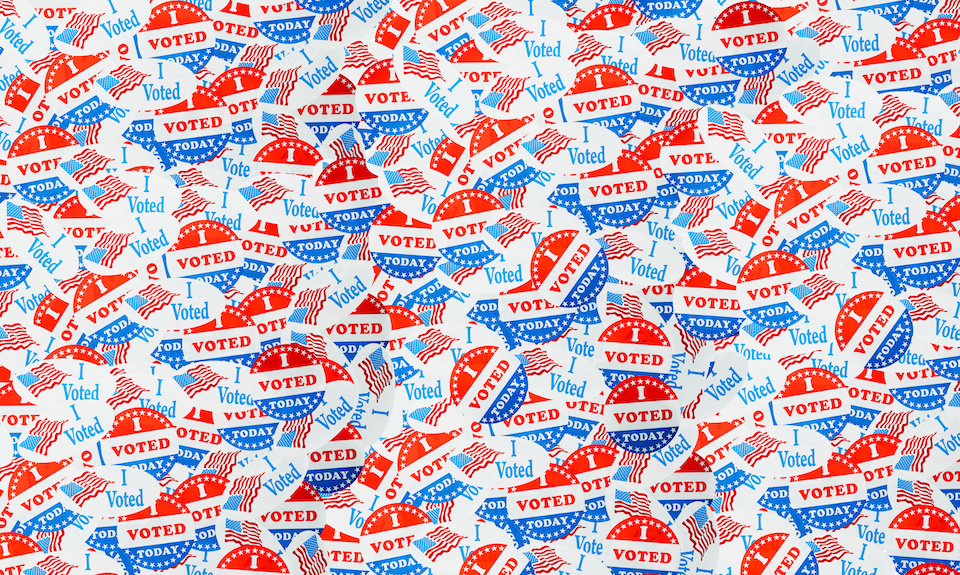
After marathon committee hearings over the weekend on voting legislation Senate Bill 1 and House Bill 3, each passed out of committee, despite an outpouring of opposition against provisions that would make it harder for Texans to vote.
On Tuesday, July 13, the Texas Senate voted along party lines to pass SB 1 to engrossment (meaning it passed out of the Senate Chamber, where it was filed).
Texas House Democrats proposed revisions to remove or alter harmful provisions within HB 3, and the Republican House legislators in the committee rejected those revisions. In a move that is allowed under the House rules, Texas House Representatives mobilized to break quorum on the House floor. A quorum is the minimum number of legislators who need to be present to conduct business, like voting on legislation.
This Q&A shared by the San Antonio-based office of the Mexican American Legal Defense & Educational Fund (MALDEF) explains more about the situation and what it means for the Texas Special Legislative Session now underway.
Q. How many Texas House members need to stay away to prevent a quorum?
The Texas House will lack a quorum as long as 51 members are absent.
Q. What date does the special session end?
A. This special session ends August 6, 2021.
Q. Can the Texas Senate still pass bills?
A. Yes, the Texas Senate can pass senate bills in its chamber while House lacks a quorum.
Q. Does the lack of quorum in the Texas House block passage of all bills, or just voter suppression bills?
A. It blocks passage of all bills on the House side, which ultimately blocks passage of all bills in the Texas Legislature as session goes on.
Q. Can the Governor call another special session when this one ends?
A. Yes, the Governor can call one or more special sessions after this one ends.
Ultimately, 56 Texas representatives and nine Texas senators left Texas and are now in Washington, DC. They have been meeting with U.S. House Representatives and Senators, Vice President Kamala Harris, and others to advocate for passing federal voting legislation to protect the rights of voters.
